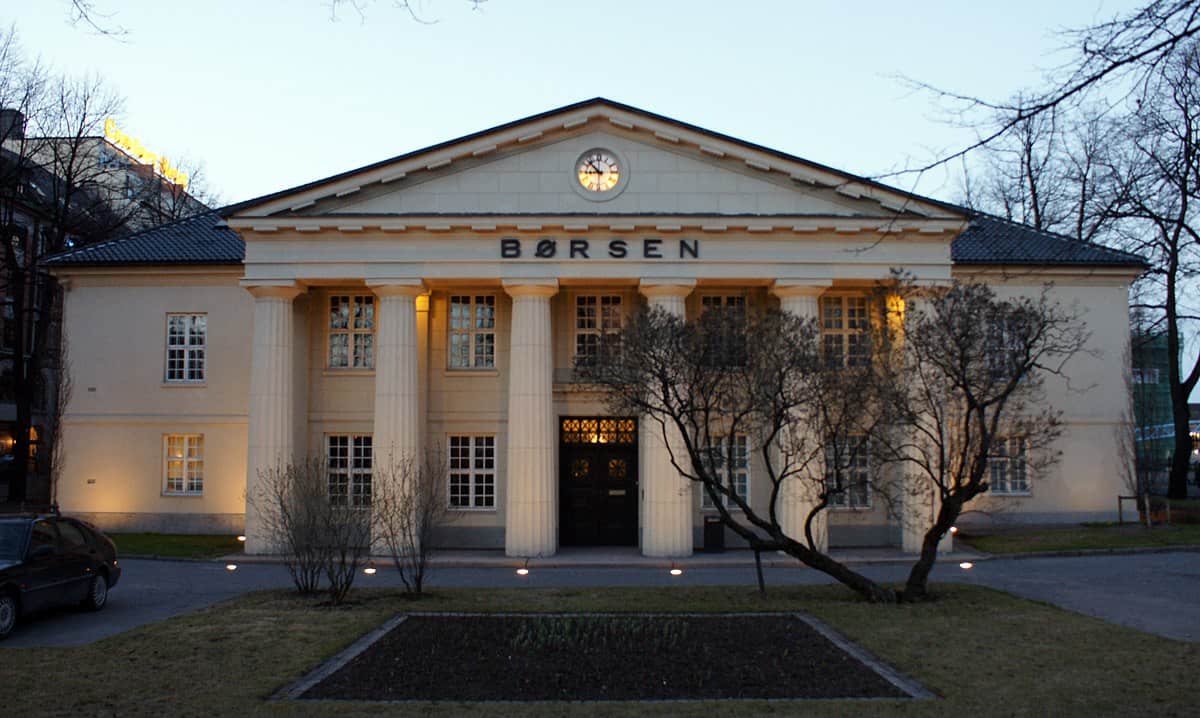
The world’s biggest pension fund will keep piling into stocks despite worries that markets are getting much less predictable after a nine-year bull run.
Norway’s $1.1 trillion fund said Tuesday that it made a record 1 trillion kroner ($131.5 billion) in 2017. Its return jumped to 13.7% from 7% in 2016.
Fund officials attributed their success to “buoyant equity markets,” and confirmed they will continue to buy stocks despite wild recent market swings.
The fund, which already owns 1.4% of all shares globally, said it will increase its stock holdings from 66.6% of its portfolio to 70% by 2019.
At current prices, that’s an extra $37 billion going into stocks.
CEO Yngve Slyngstad said he was prepared for fluctuations in the fund’s value that could exceed $115 billion.
Related: 13 of your stock market questions, answered
The fund was a major beneficiary of banner performances by global stocks over the past year. But its strategy of moving more money from bonds to stocks has left it exposed to periods of wild volatility similar to the one that rocked global markets in early 2018.
Norway is a major oil producer, and it has plowed its energy earnings over the past two decades into the fund in order to fund pensions and other government expenses.
It has stakes in over 9,000 companies worldwide, including tech companies Apple (AAPL), Alphabet (GOOGL), Tencent (TCEHY), Facebook (FB) and Microsoft (MSFT), and other businesses such as Nestle (NSRGF), Royal Dutch Shell (RDSA), Johnson & Johnson (JNJ) and Novartis (NVS).
Related: Norway’s $1 trillion pension fund wants out of oil stocks
Last year, the fund’s managers recommended selling some of its oil and gas investments in order to protect the country against a permanent drop in energy prices. It is also pushing companies it has invested in to crack down on corruption and tax evasion.
Stock were by far the most successful investment in the fund’s portfolio in 2017, producing a 19.4% return. Returns on real estate hit 7.5%, while its fixed income investments made just 3.3%.

